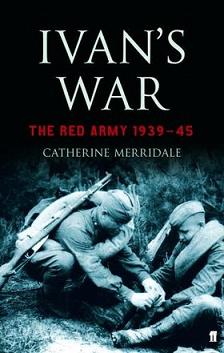It’s been somewhat depressing to see how fast a Metafilter post on the obstacles put in the way of (young) transgendered people wanting to start transition can dissolve into a food fight about the use of “cisgendered” as the opposite of “transgendered” and how unreasonably angry it makes some people. I expected different from MeFi, which is both fairly liberal and hip and open to all kinds of people.
It all started with a post paying attention to a problem many young transgendered people face: continuous societal pressure not to start transition, to start living life as a member of the gender they feel themselves to be. As one commenter put it, “the entire foundation of transsexual health care is to protect cis people from making a terrible mistake, rather than to help trans people transition with as little added pain as possible”. It is a huge problem, because it means many more trans people are stuck with the wrong gender for longer than necessary, all to avoid the much rare false positives, those cases where somebody believes they are trans, but are wrong, before they’ve made an “irrevocable mistake”. It’s not necessarily done out of malice, more out of a sort of twisted interpretation of the Hippocratic oath of first do no harm.
A nice meaty and important subject for Metafilter, but within a few posts it was disrupted by people annoyed at the use of the terms “cisgendered” and “cis” to mean non-transgendered people. Some just objected because it was supposedly bad English, or because they disliked neologisms, others because they disliked having politicalised language forced on them, or because it “othered” them or they didn’t recognise themselves in the label. It really was derailing 101 in action.
Truth of the matter is that yes, while but “cis” and “trans” are imperfect labels (for starters, they imply a binary opposition between themselves, rather than a spectrum of possibilities between being fully trans or fully cis gendered), they are the closest we have to non judgmental, neutral terms for these conditions. Anything else is either a slur, or unwieldy to use, or both. And of course we’re all special little snowflakes unable to be caught by any label, but it can be very handy in political debates to have these kinds of easy to understand, easy to use, non-insulting terms to use to groups of people that have something in common important in the context of the debate. Nobody should feel insulted by being called cis.
I certainly don’t.
